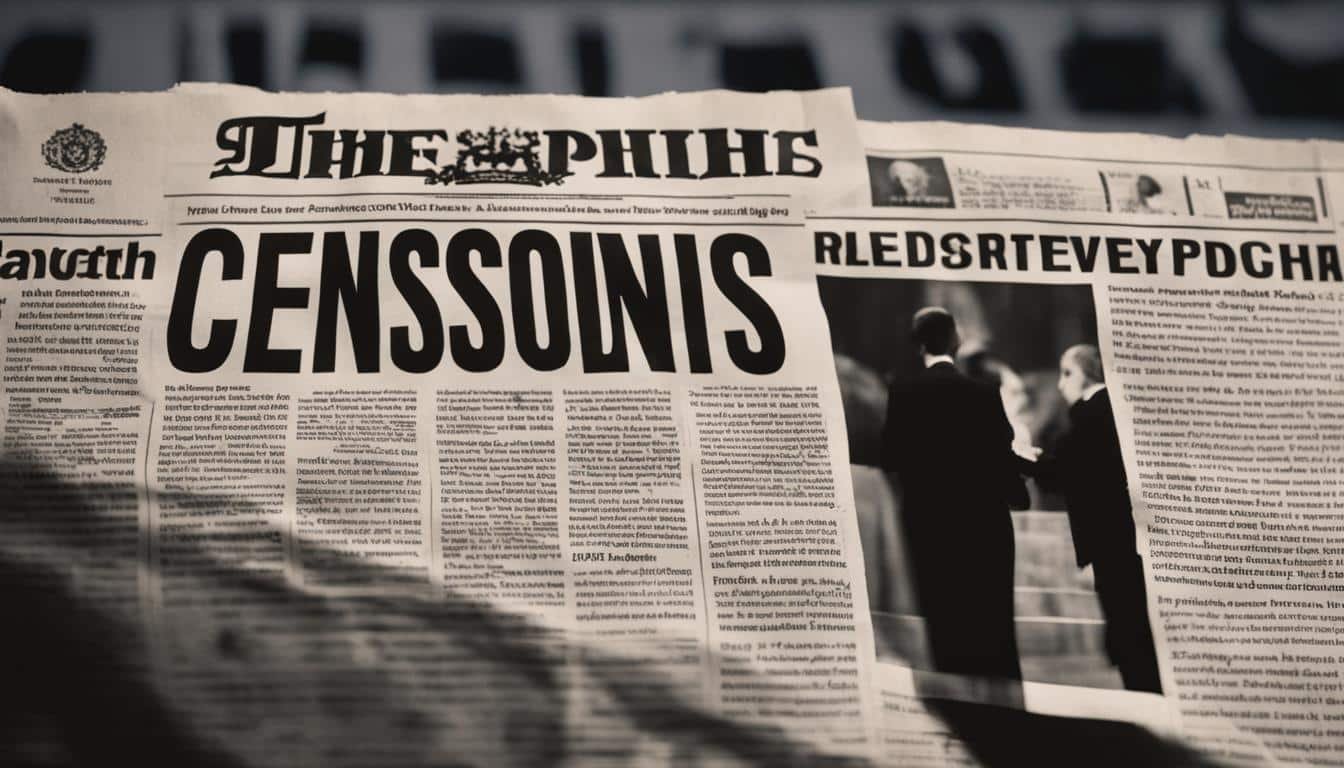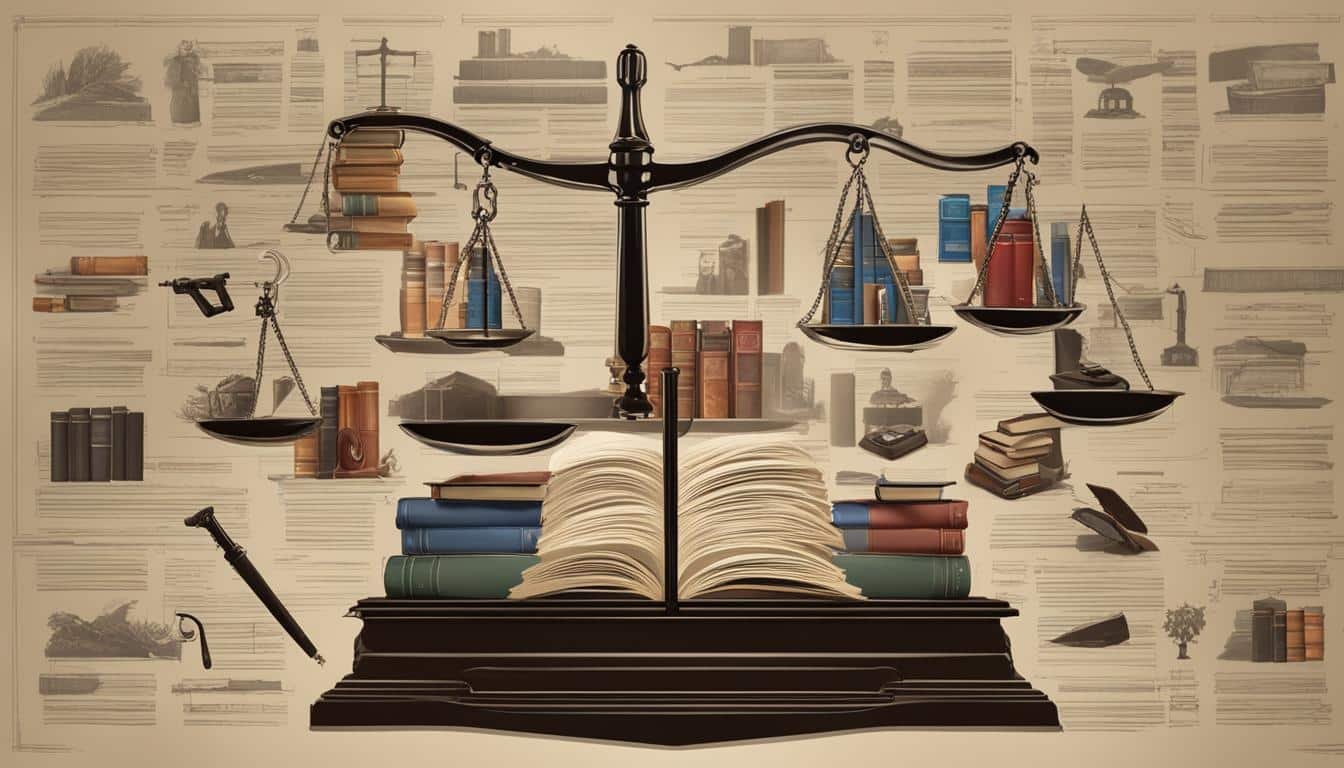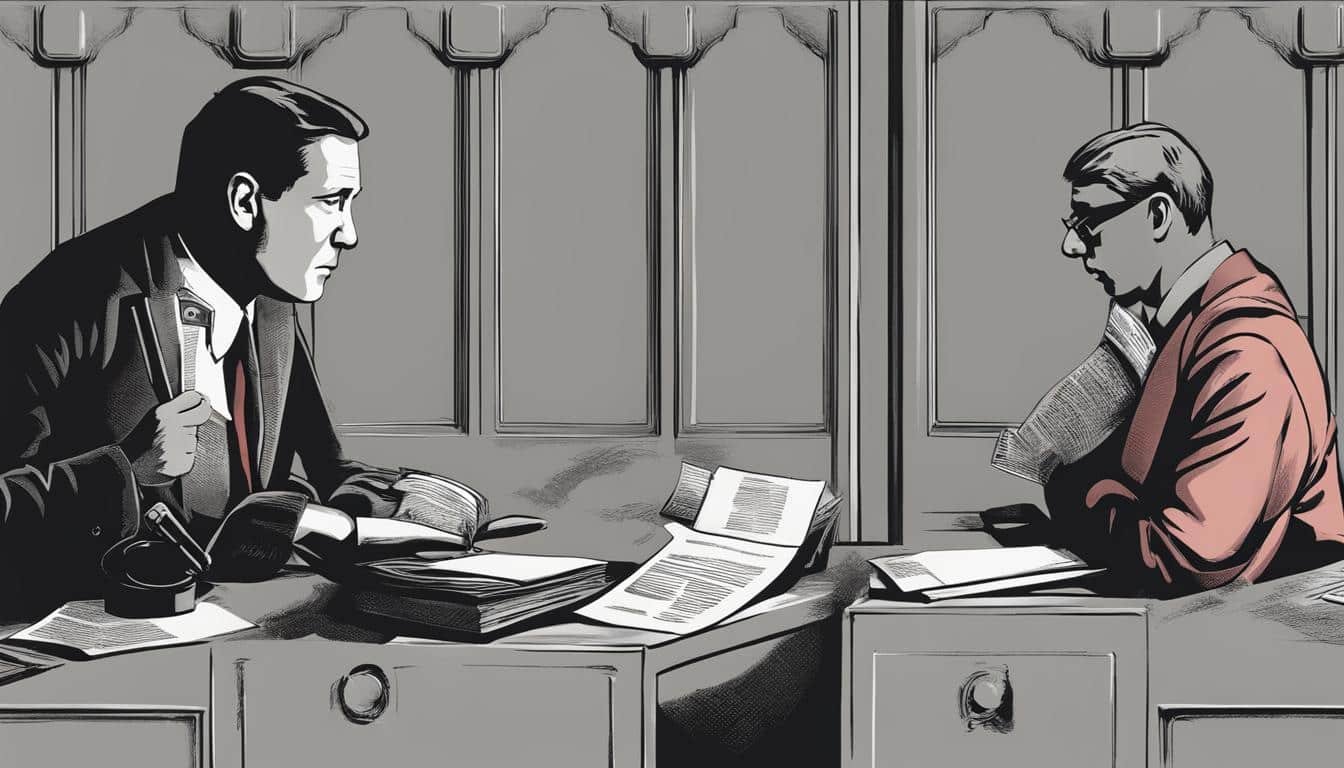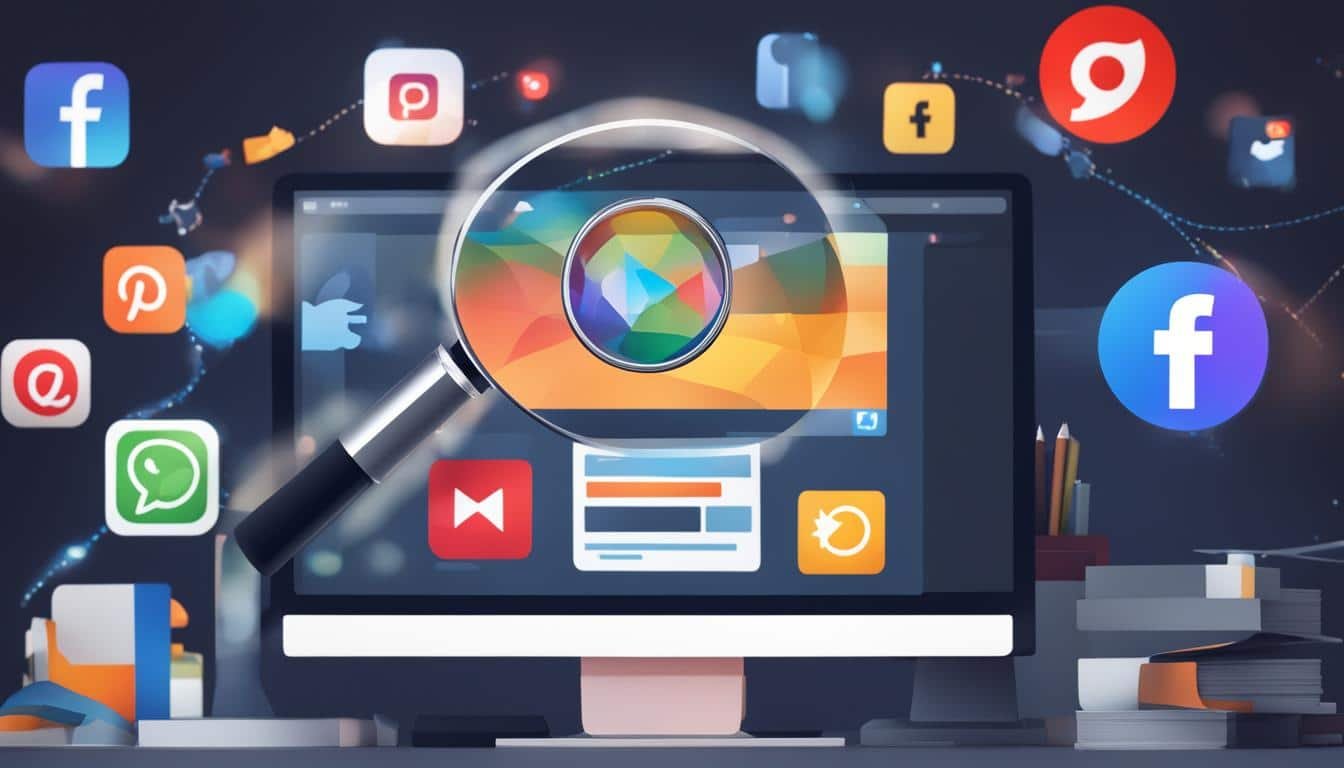Censorship Obscenity Laws
-

How Censorship Laws Affect Media Freedom: A Guide
Welcome to our guide on how censorship laws impact media freedom in the United States. While the First Amendment protects American people from government censorship, it is important to understand the limitations and complexities surrounding this fundamental right. Censorship can occur when individuals or groups attempt to restrict the expression of others. Government censorship directly…
-

Controversies Surrounding Obscenity Laws in Media
Obscenity laws and media censorship have become key points of contention in recent years, sparking numerous controversies and debates. These laws seek to regulate the content shared on various media platforms, with the aim of protecting societal values and ensuring responsible dissemination of information. However, the application of these laws has been a subject of…
-

Why Do Obscenity Laws Stifle Creative Media?
Obscenity laws in the United States have a significant impact on creative media and can hinder artistic freedom and expression. While the First Amendment provides protection to artistic expression, there are limitations and restrictions on the publication of art in certain contexts. Artistic expression that is considered obscene or indecent may be censored, and expressions…
-

What Role Do Censorship Laws Play in Media?
The First Amendment of the US Constitution protects American people from government censorship, ensuring the freedom of speech and press. However, these protections are not absolute and have been tested in various Supreme Court cases that examine the boundaries of protected speech. One landmark case that highlighted the importance of press freedoms was New York…
-

Regulating Media Content Through Censorship Laws
The First Amendment of the U.S. Constitution guarantees the right to freedom of speech and freedom of the press. It prohibits the government from interfering with individuals’ rights to hear all sides of every issue, speak, publish, read, and view what they wish. The Supreme Court has consistently upheld the First Amendment as protection against…
-

Legal Implications of Obscenity Crimes in Media
Welcome to our article on the legal implications of obscenity crimes in media in the United States. In this section, we will explore how these crimes are governed by constitutional principles and the consequences they carry. Understanding the legal framework surrounding obscenity in media is important for both content creators and consumers, as it helps…
-

Why Are Censorship Laws Crucial in Journalism?
The First Amendment of the U.S. Constitution, passed in 1791, guarantees the right to freedom of speech and press. It allows individuals to express their opinions, publish information, and access various forms of media without government interference. The First Amendment also protects the right to receive information, ensuring that individuals can access a broad range…
-

What Is Censorship’s Function in Media Ethics?
Censorship plays a crucial role in media ethics, impacting journalism and the balance of public interest. It involves the suppression of words, images, or ideas deemed inappropriate by the government or private pressure groups. While government censorship is considered unconstitutional, private individuals or groups organizing boycotts against objectionable content are protected by the First Amendment.…
-

Understanding Obscenity Laws in Media
Obscenity laws in the media can be complex, with variations across different jurisdictions. It’s important to understand these laws, especially when it comes to navigating media regulations and prosecutorial decision making. Whether you work in the media industry or simply consume media content, having a grasp of obscenity laws can help you stay compliant and…
-

Exploring Obscenity Crimes on Digital Media Platforms
With children becoming more active online at a younger age, it is important to understand the risks they may encounter on digital media platforms. Inappropriate content, such as explicit pop-up ads, videos featuring children’s cartoon characters in adult situations, or forums promoting self-harm, can expose children to content that is emotionally distressing and potentially dangerous.…